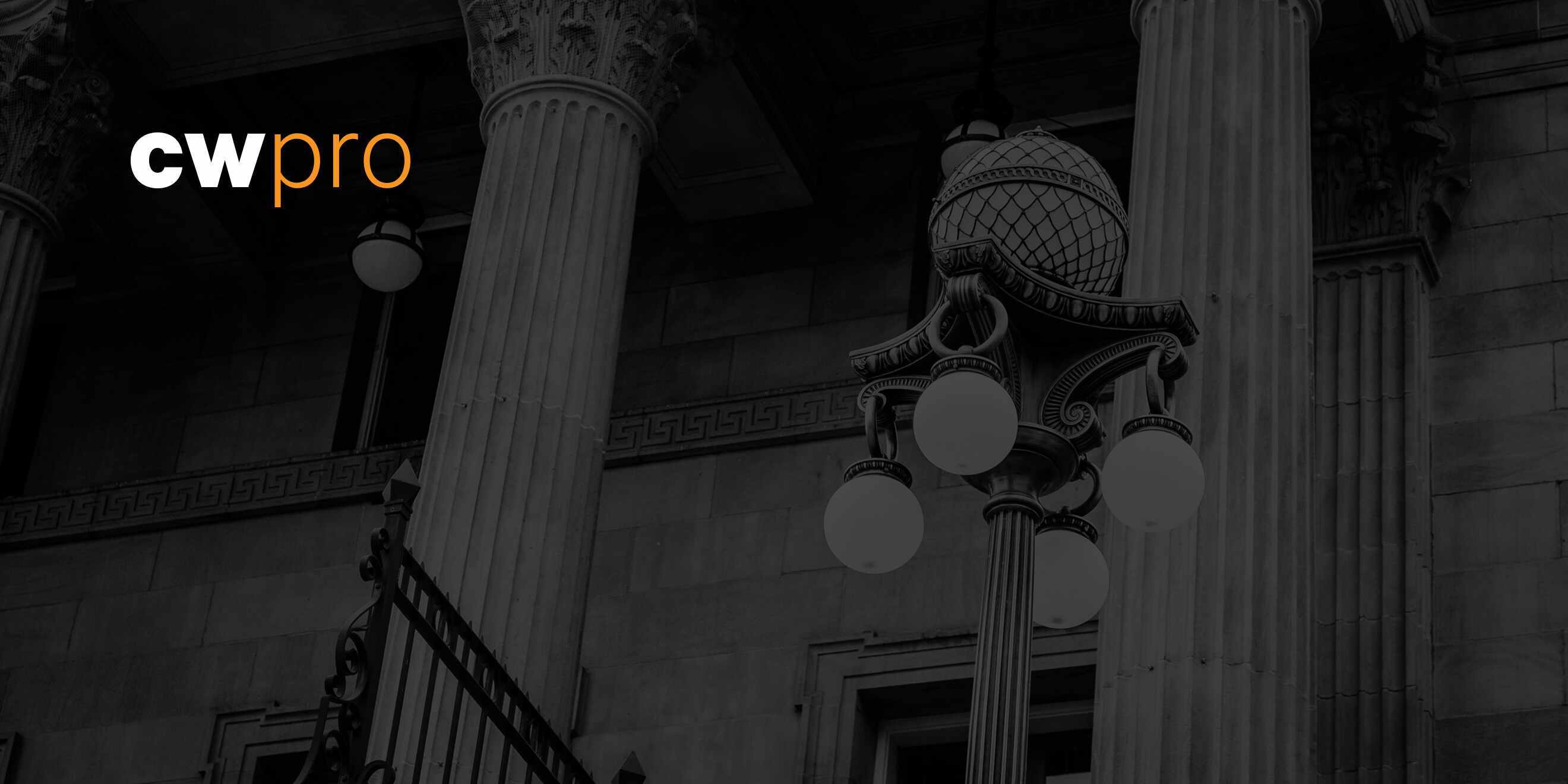At a glance.
- UK lawmakers strike deal for Online Safety Bill.
- US National Cybersecurity Strategy says the best offense is a good offense.
- China proposes making online dissemination of false info a crime.
UK lawmakers strike deal for Online Safety Bill.
The UK House of Commons has reached a deal on an amendment to the long-delayed Online Safety Bill. As the Telegraph explains, the amendment means that senior execs at social media platforms that persistently neglect to protect children from online harms will be criminally liable and could face jail time. After a weekend of negotiations, Prime Minister Rishi Sunak’s administration gave in to Tory party MPs’ proposal of jail sentences of up to two years for tech bosses who fail to protect children from online harms including child abuse, suicide, and self harm content. The agreement was reached just in time for the bill to return to the House of Commons yesterday.
Miriam Cates, one of the Tory MPs who pushed for the change, stated, “I am absolutely delighted. The Government has clearly accepted the argument that the strictest sanctions need to apply for harming children…We are going to have the scope to address all the harms for children. That is very positive.” A spokesperson for PM Sunak’s Culture Secretary Michelle Donelan said, “Michelle’s main priority has always been strengthening the protections for children online, whilst ensuring adults have more choice and control over what they see. She has been clear from the beginning that any additions to the Online Safety Bill need to work in practice and that she would take a pragmatic and common sense approach prioritising children. She is pleased that colleagues will no longer be pushing their amendments to a vote following constructive conversation and work."
Not everyone is pleased about the amendment, as Wikipedia is concerned the bill will limit freedom of expression, especially on volunteer-run sites. Rebecca MacKinnon of the Wikimedia Foundation, the organization that hosts the online encyclopedia, told BBC News that the threat of “harsh” new criminal penalties for tech bosses “will affect not only big corporations, but also public interest websites such as Wikipedia.” MacKinnon says she prefers the approach of the EU Digital Services Act which differentiates between sites with employee-moderated content and content moderation by community volunteers, like Wikipedia.
US National Cybersecurity Strategy says the best offense is a good offense.
Slate Magazine takes a closer look at the US’s National Cybersecurity Strategy, which is on the verge of being signed by President Joe Biden. The document takes an unprecedented approach to cybersecurity by imposing mandatory regulations on American business and giving US defense, intelligence, and law enforcement agencies the power to engage in offensive hacking operations, infiltrating the computer networks of criminals and foreign governments that could pose a threat to US systems. According to a draft (the final document has not yet been released), the government’s objective “is to make malicious actors incapable of mounting sustained cyber-enabled campaigns that would threaten the national security or public safety of the United States.” The Federal Bureau of Investigation’s National Cyber Investigative Joint Task Force will coordinate a persistent, continuous campaign in which relevant US agencies “disrupt and dismantle” hostile networks. The effort will call on private companies to collaborate by keeping the government informed about perceived threats and intrusions.
China proposes making online dissemination of false info a crime.
Last week, during negotiations regarding a United Nations treaty focused on fighting cybercrime, the Chinese government proposed that the agreement should criminalize the “dissemination of false information.” With China’s history of human rights violation and censorship, Western powers are likely to contest the proposal, viewing it as an attempt by the Chinese Communist Party to further control its citizens’ access to the internet. The UN called for this draft convention “on countering the use of information and communications technologies for criminal purposes” back in 2021, and the global powers are debating what should be covered. China is proposing that content controls be brought back into the main body of the document, obliging the treaty’s signatories to pass new laws criminalizing the spread of false information “that could result in serious social disorder.”
Provisions focused on controlling online content were a first priority at last week’s negotiations, as they are expected to be a source of much debate given the ongoing disagreement between Western countries and Russia and China over offensive cyber operations, state-sponsored espionage, and intellectual property. A spokesperson for the UK’s Foreign Office told the Record by Recorded Future the United Kingdom’s position on the treaty: “The offences in the treaty should not undermine the exercise of freedom of expression or opinion.”
